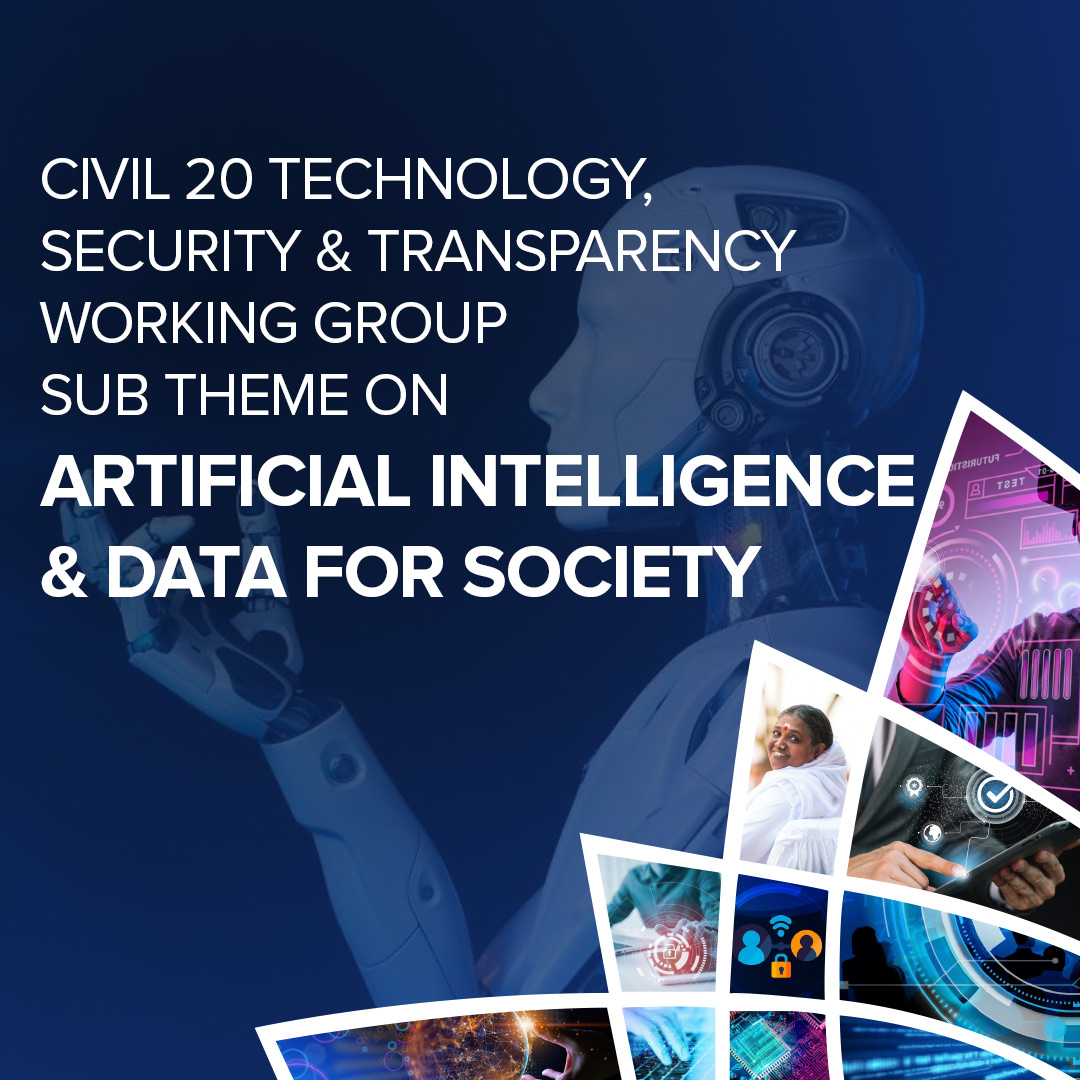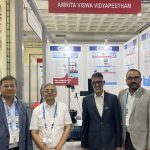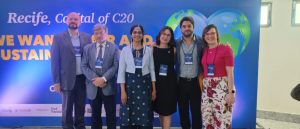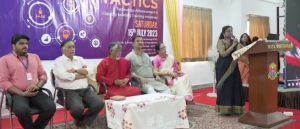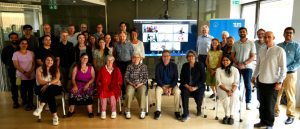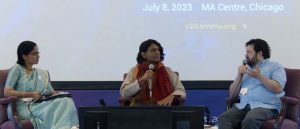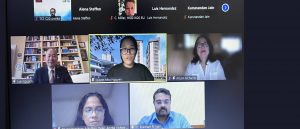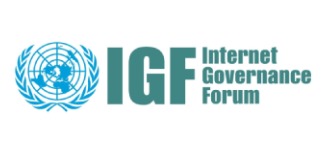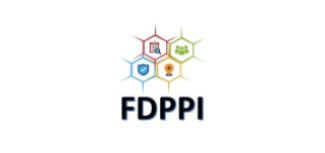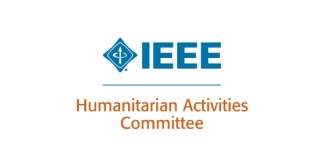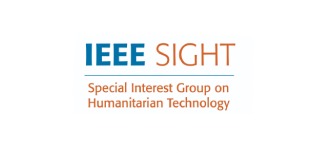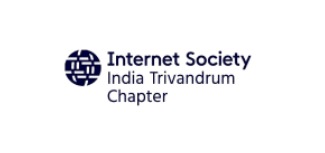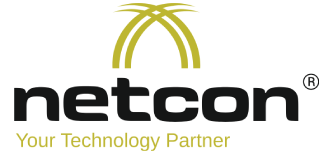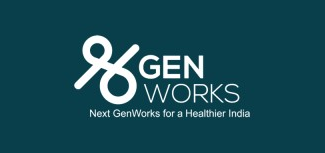The Micro, Small, and Medium Enterprises (MSME) sector has emerged as a vibrant sector of the Indian economy, contributing more than 29% to the GDP, 50% of the country’s total exports, and employing over 150 million people. However, MSMEs have undergone tremendous stress in recent times due to demonetization and the after-effects of the Covid-19 pandemic. Amrita Technology Enabling Centre (TEC) of Amrita Vishwa Vidyapeetham, supported by the Government of India’s Department of Science & Technology (DST), provides innovative and cost-effective solutions to the challenges faced by MSMEs. Amrita TEC works closely with various industry & trade associations and MSME clusters in Kerala and Tamil Nadu, such as plywood, rice mill, cashew, agricultural implements, foundries, and coir, as well as other sectors, such as medical devices, healthcare, and machinery, developing affordable technology solutions to address their primary concerns. Some of these solutions include:
- Smart Ply, an automation product for the plywood industry used for monitoring the quality of plywood during manufacturing
- Affordable patient mobility solutions such as hooded and foldable wheelchair
- Affordable healthcare devices such as glucometers and lab on a chip
All these technologies are in the process of commercialization and available at very affordable costs for the common man.


